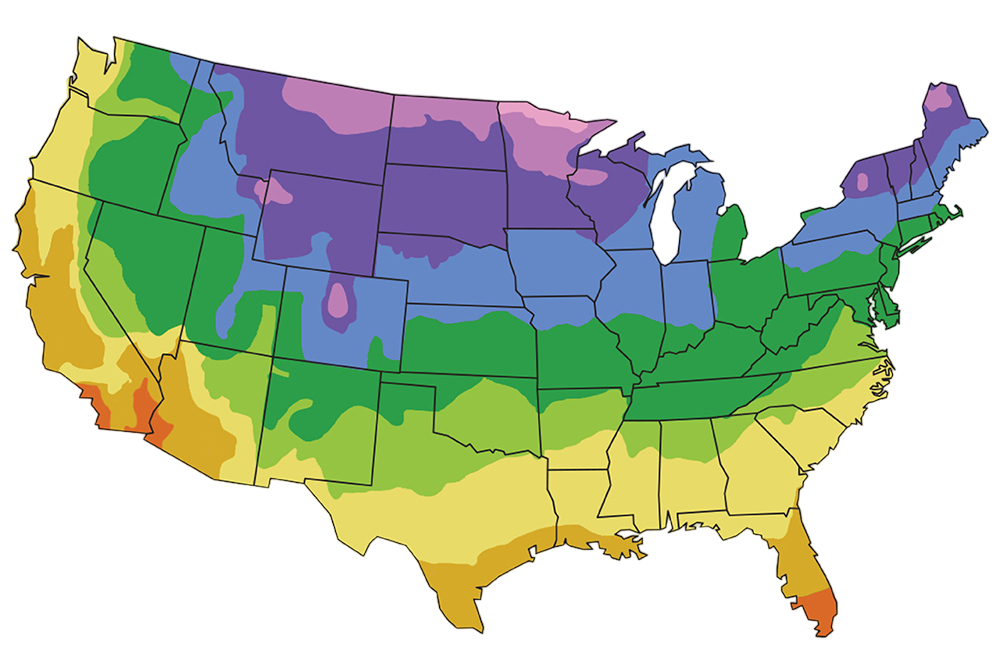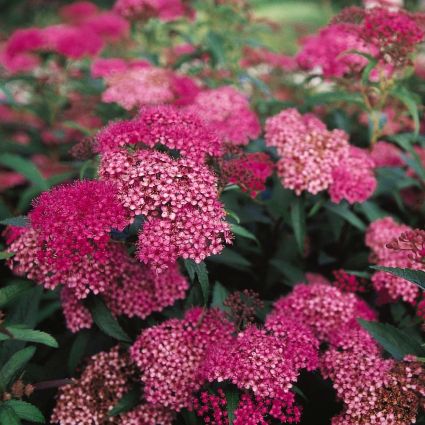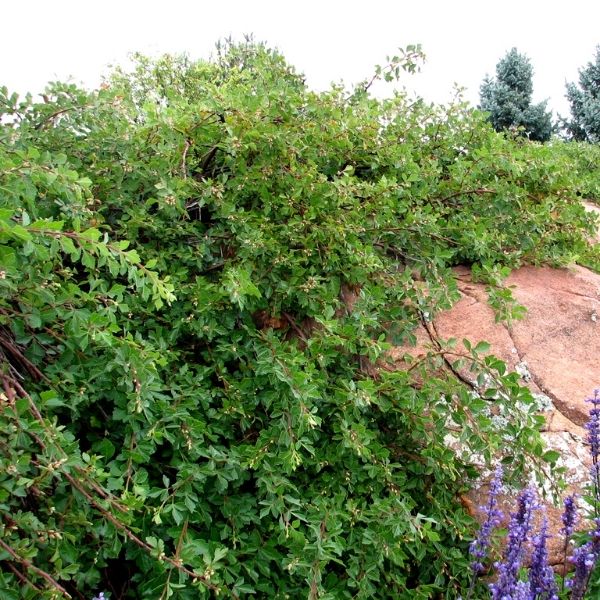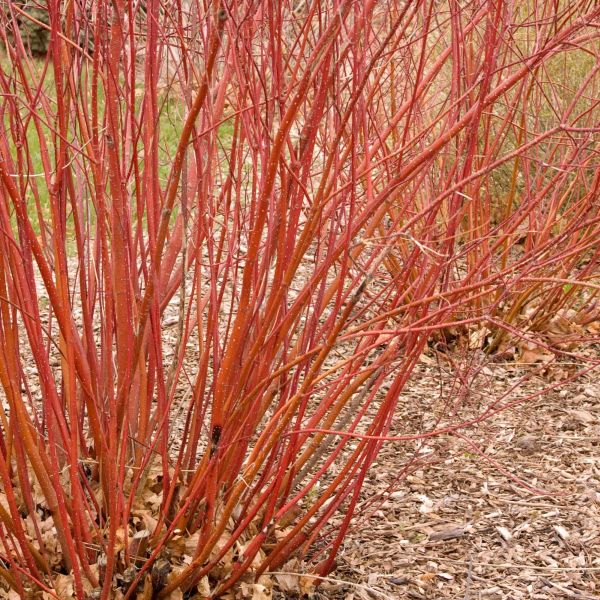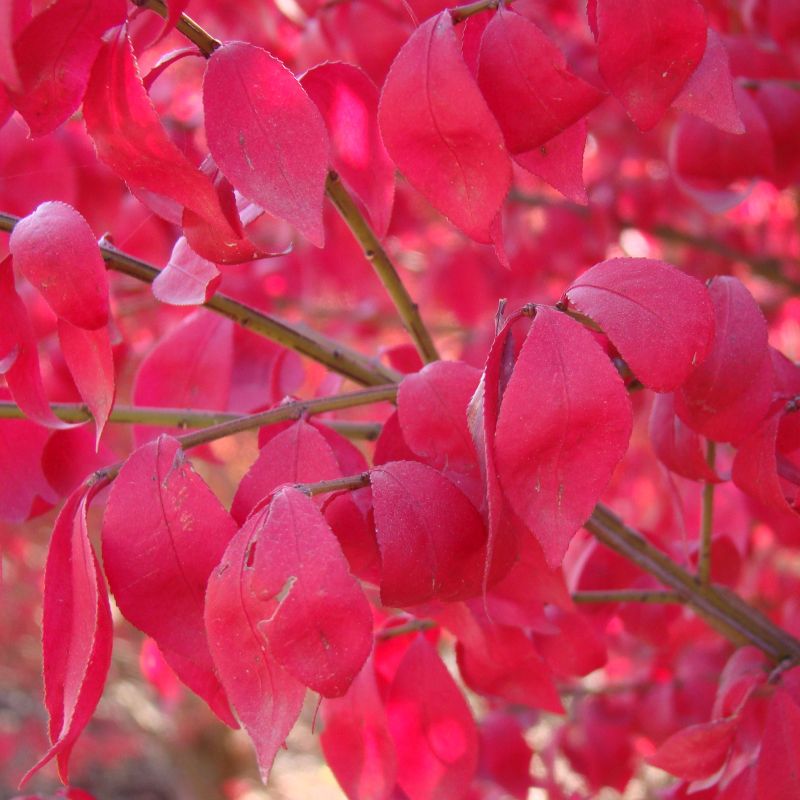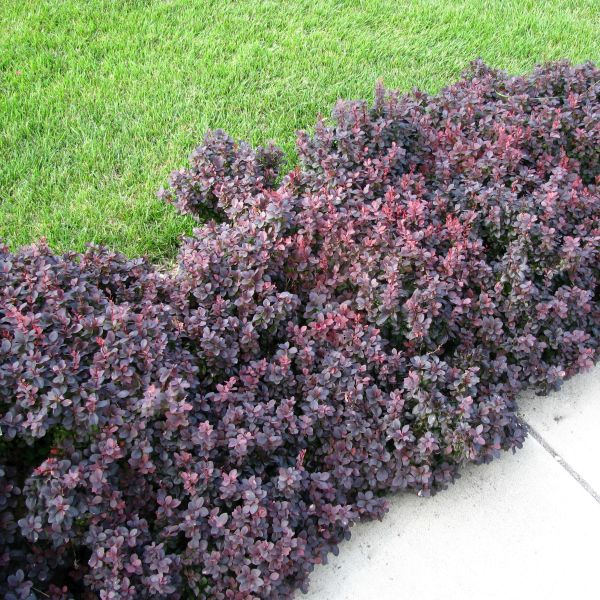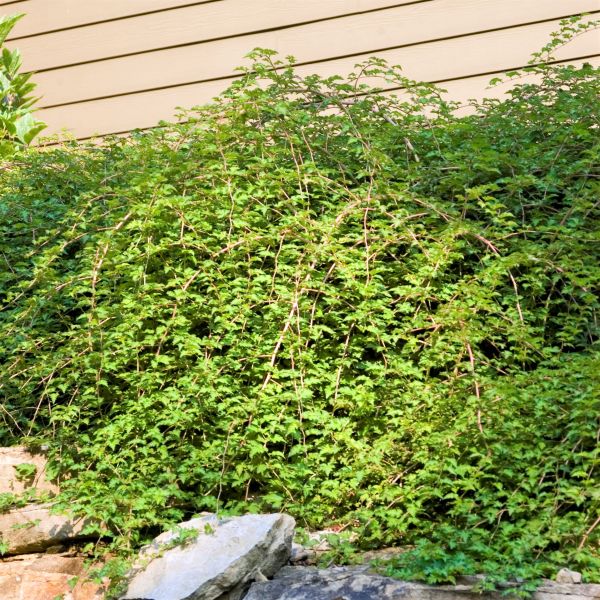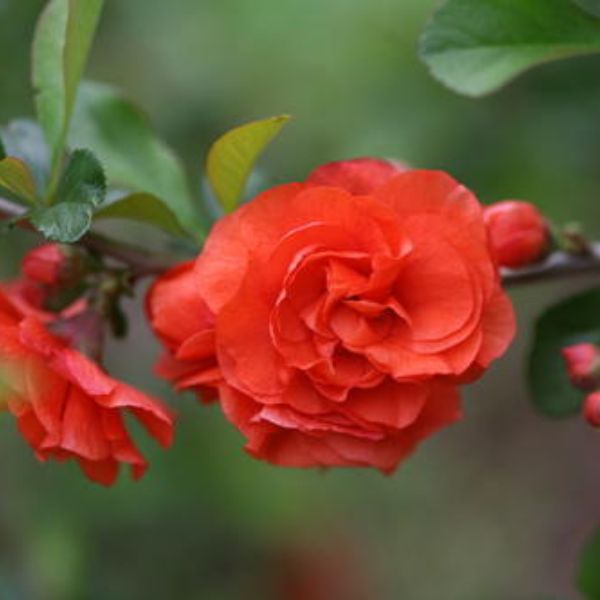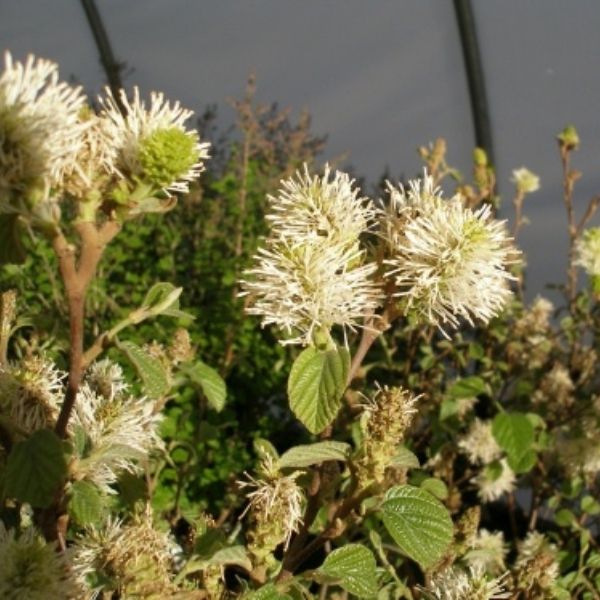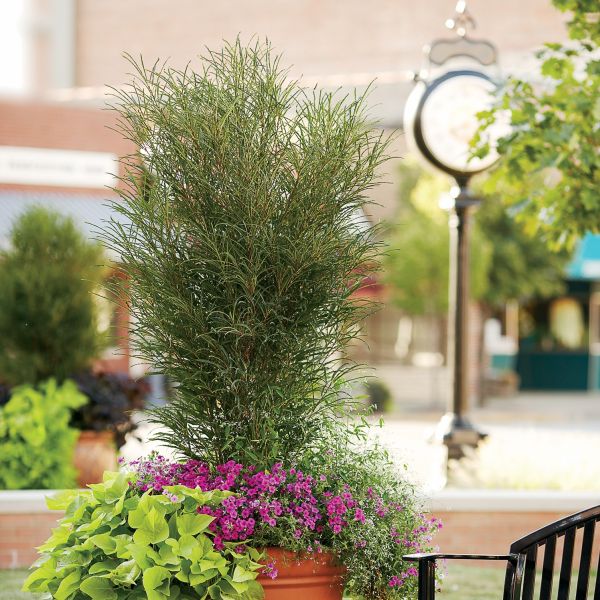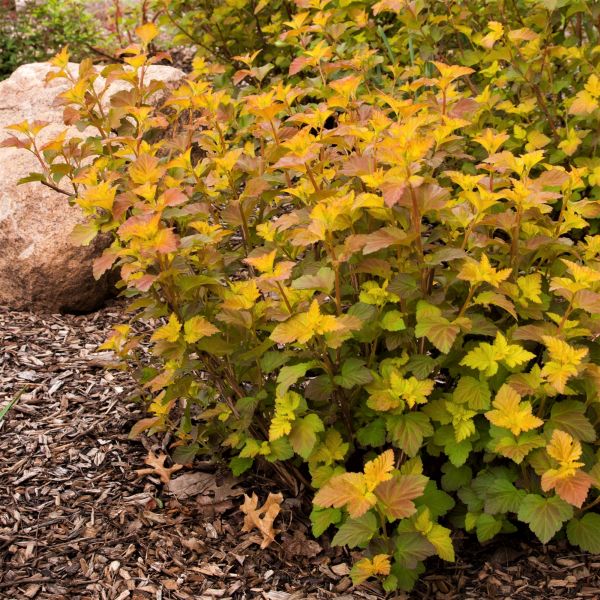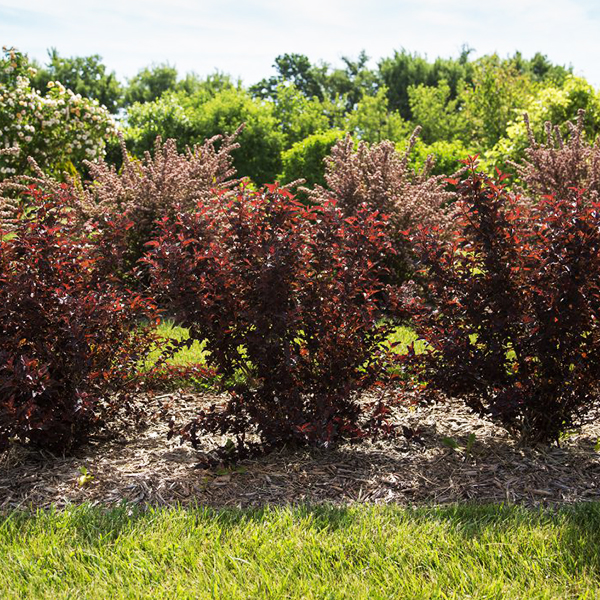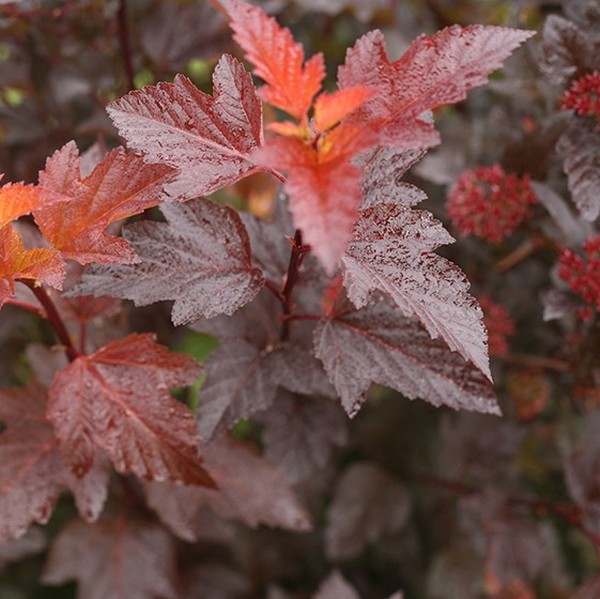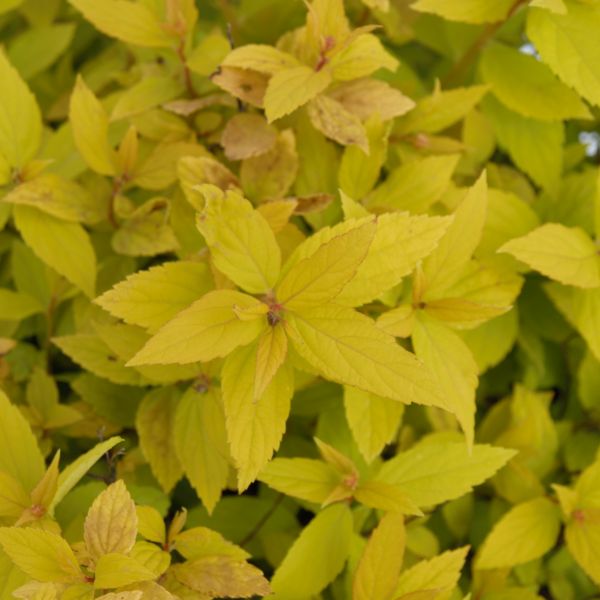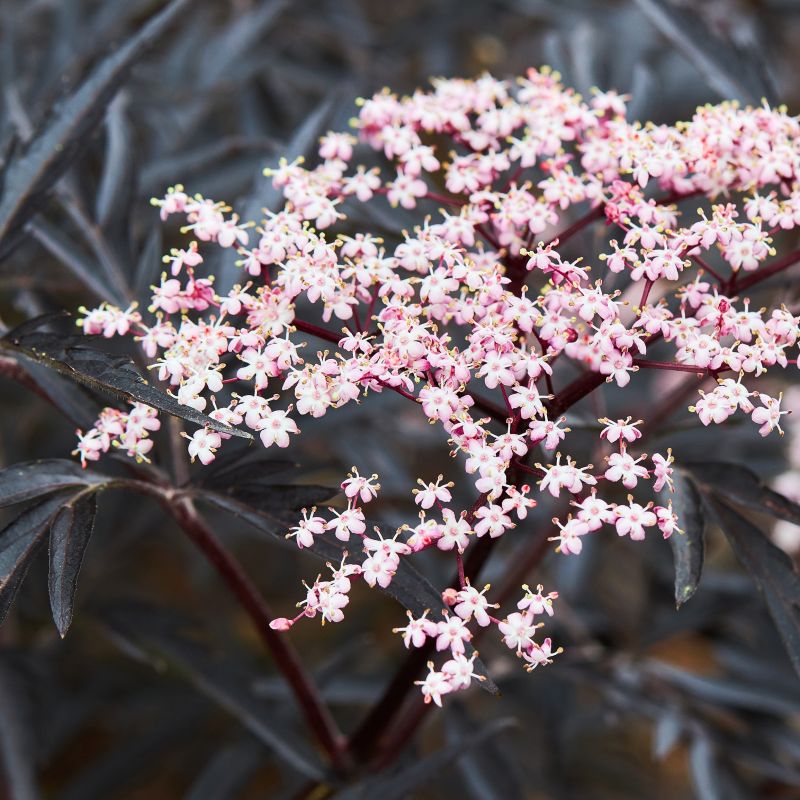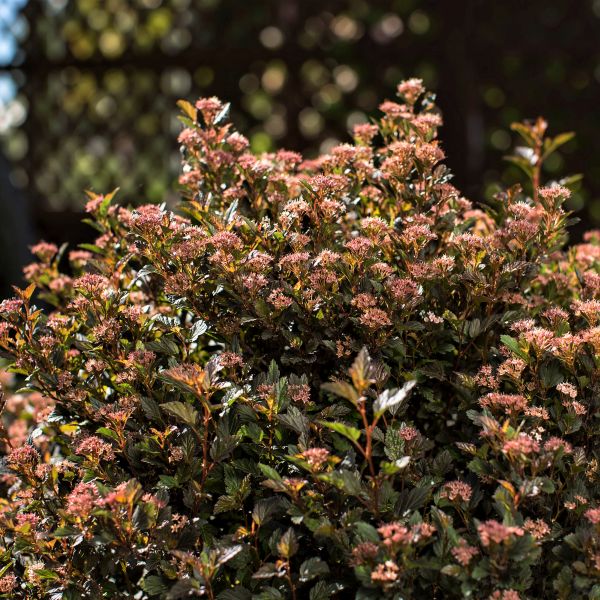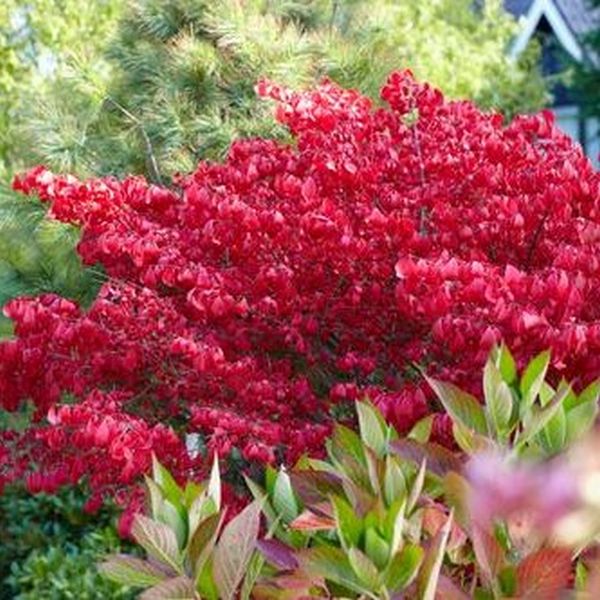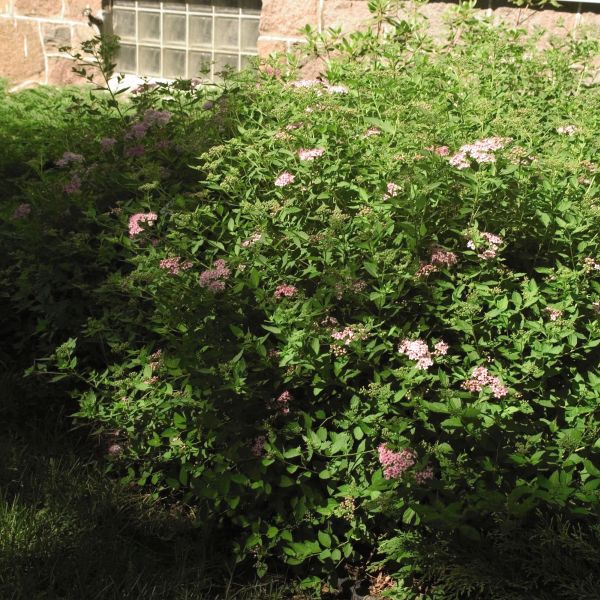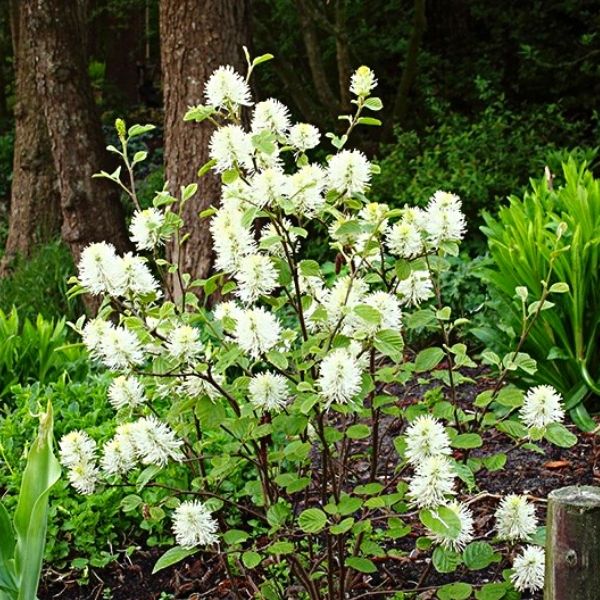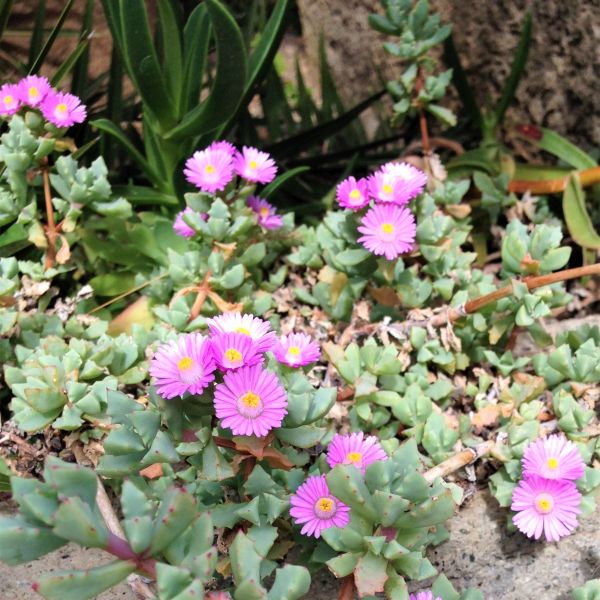

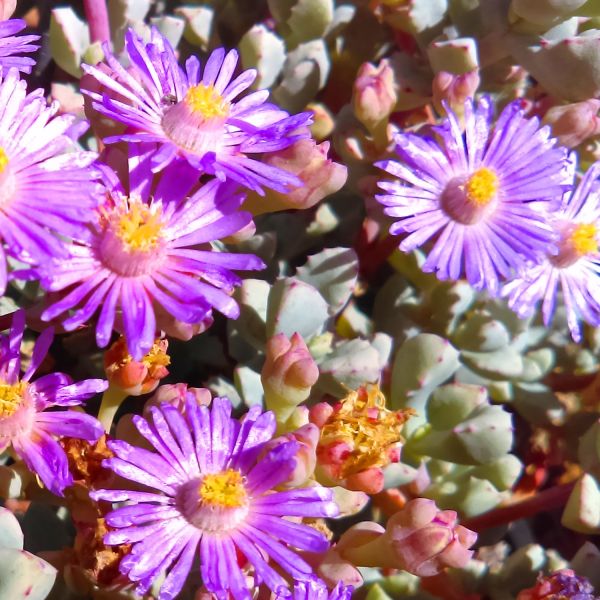
Oscularia deltoides
Oscularia deltoides
20 reviews
Oscularia deltoides
Oscularia deltoides
20 reviews
- Drought tolerant plant that requires minimal watering
- Produces vibrant pink or purple flowers in the spring
- Low maintenance, fast-growing succulent
- Recommended by landscape designers for optimal fit in real yards
$49.00
$70.00
30% Off
- Ships to 43215 in 3 to 7 days
- Free Shipping Over $150
- Plant Arrival Guarantee
- In Stock
- Free Plant Consult
$200 - Landscape-Approved: Every Plant We Sell Comes With Design Expertise Behind It
1 Gallon
Not just beautiful - intentionally selected by ShrubHub's 3D landscape design team to fit real-world spaces and maximize yard potential.
Why Oscularia deltoides?
Oscularia deltoides is a succulent plant with triangle-shaped leaves that store water for survival in arid environments. It is commonly found in rocky areas of Namibia, South Africa, and Botswana. This plant is also used for medicinal purposes, including treating diarrhea and stomach-related ailments. Its ability to thrive in harsh conditions makes it a popular ornamental plant in drought-tolerant gardens.
People who loved this plant also bought
Sunlight
Oscularia deltoides, a drought-tolerant succulent plant, requires full sun exposure to thrive.
Watering
Oscularia deltoides has low watering requirements and is drought-tolerant. It prefers well-draining soil and should be watered sparingly, allowing the soil to dry out between waterings. Overwatering can lead to root rot and other issues.
Fertilizing
Oscularia deltoides, also known as Deltoid-leaf Dewflower, prefers a well-draining soil mix and a low-nutrient fertilizer. A balanced water-soluble fertilizer with an N-P-K ratio of 10-10-10 or similar is generally suitable for its growth and development.
Meet the gorgeous Oscularia deltoides, a unique succulent that will bring a touch of exotic beauty to your garden. With a USDA hardiness zone of 9 to 11, this plant thrives in warm climates, making it an excellent choice for gardeners living in tropical or subtropical regions. Oscularia deltoides feature triangular, fleshy leaves in shades of bluish-green, creating a striking visual display. When in bloom, it produces petite, star-shaped pink or purple flowers that add a pop of color to its already stunning appearance. This succulent is perfect for rock gardens, container plantings, or as a ground cover, as its low-growing habit and cascading leaves create a natural and elegant look.
Oscularia deltoides prefers well-draining soil and is drought-tolerant, making it ideal for xeriscapes or dry gardens. With minimal maintenance requirements, this succulent is a hassle-free option for gardeners seeking an eye-catching and unique addition to their landscape.
The Oscularia deltoides offer a few fascinating qualities that set them apart from other succulent varieties. This plant can change the color of its leaves, ranging from green to purple, depending on environmental conditions such as light and temperature. This natural feature adds an element of surprise and intrigue to your garden, with the plant's appearance ever-evolving throughout the seasons. Additionally, Oscularia deltoids is known for its ability to attract beneficial pollinators, including bees and butterflies, making it an excellent choice for supporting local ecosystems.
Its compact and low-growing form makes it an exceptional ground cover, filling empty spaces and suppressing weed growth. With its striking aesthetics, adaptability to warm climates, low maintenance requirements, and unique characteristics, Oscularia deltoides is a must-have for any succulent enthusiast looking to create a captivating and distinctive garden.
Plant Information:
| Botanical Name: | Oscularia deltoides |
| USDA Zones: | 8 - 11 |
| Water: | Low |
| Exposure: | Full Sun |
| Soil Needs: | Well-drained |
| Mature Height: | 6 - 12 inches |
| Mature Spread: | 2 - 3 feet |
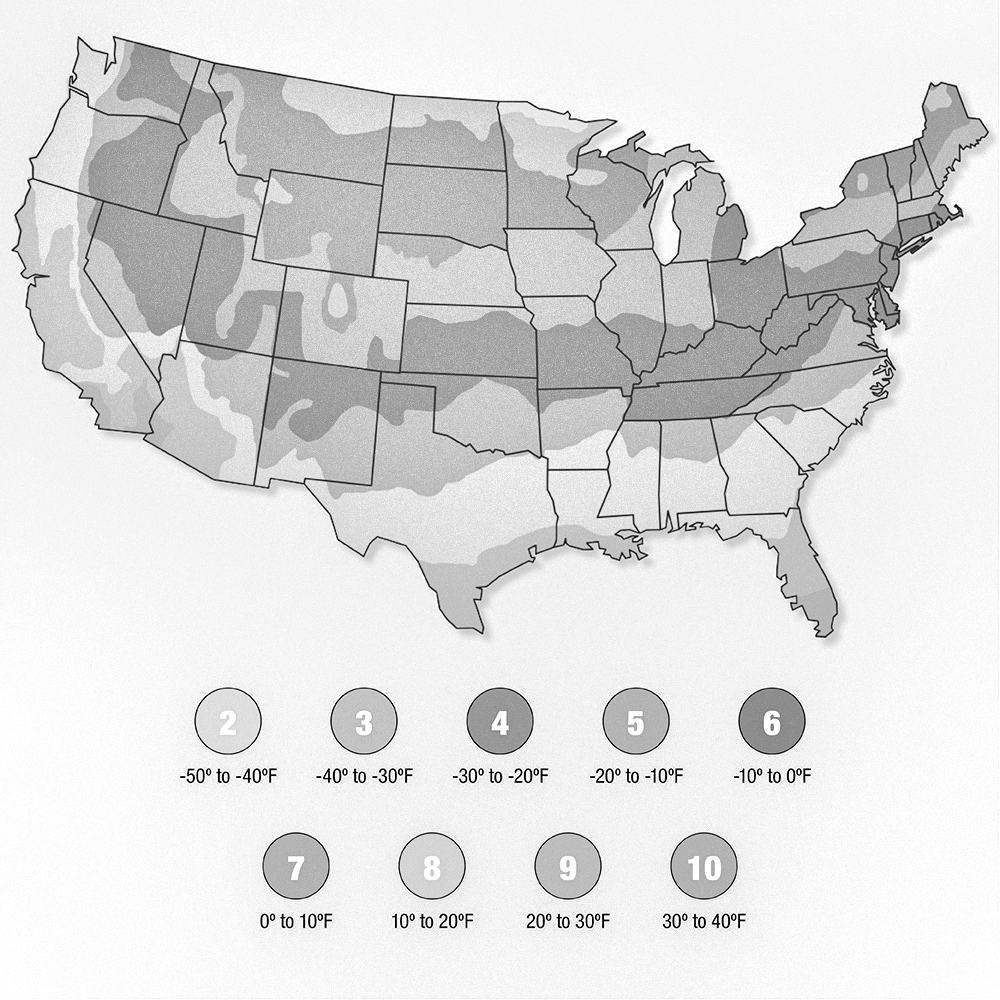
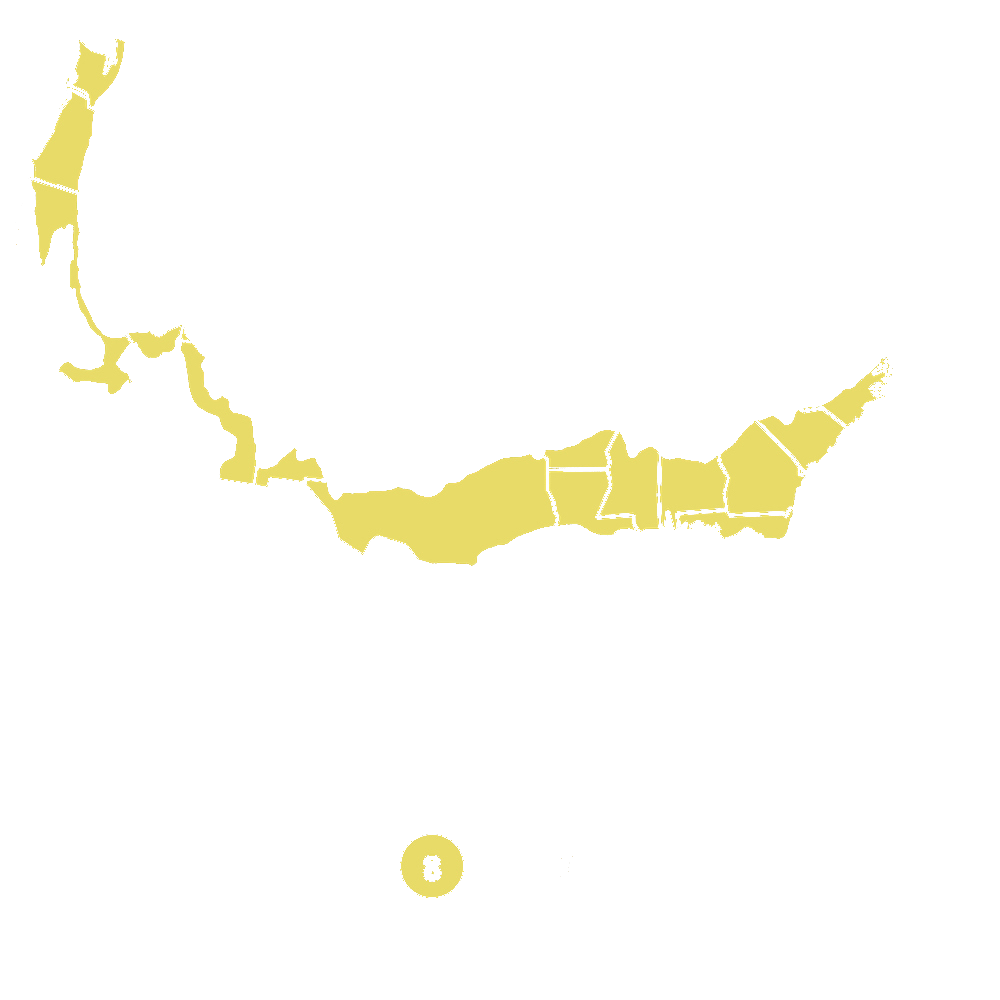
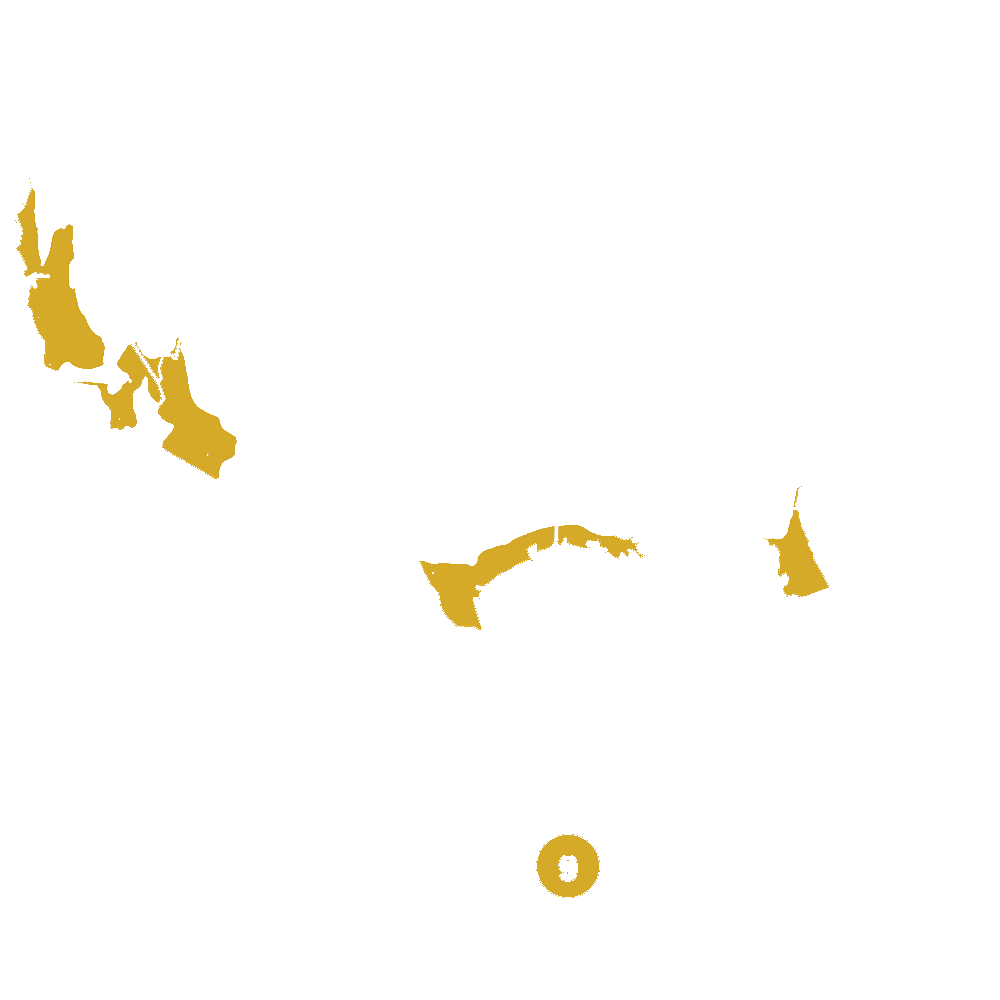

Pollination Info
Oscularia deltoides - Pollination Info
Oscularia deltoides is a small succulent plant native to South Africa. It belongs to the family Aizoaceae.
Being a succulent, Oscularia deltoides requires very little water and can thrive in hot and dry conditions. It has adapted to attract pollinators that are able to survive in these conditions.
The flowers of Oscularia deltoides are small and pink. They produce nectar, which attracts a variety of pollinators such as bees, butterflies, and moths. These pollinators are attracted to the nectar and while feeding on it, transfer pollen from the male parts of the flower to the female parts of the same or another flower.
Oscularia deltoides is also capable of self-pollination, meaning that pollen from the male parts of the flower can fertilize the female parts of the same flower. However, cross-pollination through insect pollination is more effective and ensures genetic diversity and the production of more viable seeds.
After the flowers have been pollinated, they develop into small fruits that contain small seeds. These seeds are dispersed by wind and can germinate in suitable soil conditions to form new plants.
Overall, Oscularia deltoides is an important plant for attracting a variety of pollinators and ensuring its reproduction in hot and dry conditions.
FAQ
Oscularia deltoides (Oscularia deltoides) FAQ
What is Oscularia deltoides?
Oscularia deltoides is a succulent plant native to South Africa. It belongs to the family Aizoaceae and is commonly known as the “Delta-Leaved Dew Plant.”
What are the characteristics of Oscularia deltoides?
Oscularia deltoides has fleshy, spathulate (spoon-shaped) leaves that are green or gray-green in color. The leaves are arranged in opposite pairs, and their edges are toothed. The plant produces small, pink or white flowers in the summer.
What are the growing conditions for Oscularia deltoides?
Oscularia deltoides prefers well-draining soil and requires minimal watering. It is drought-tolerant and should be grown in full sun. Oscularia deltoides is hardy in zones 9-11.
How do I propagate Oscularia deltoides?
Oscularia deltoides can be propagated by stem cuttings or by separating offsets that form at the base of the plant.
Why is my Oscularia deltoides turning brown and dry?
Oscularia deltoides may turn brown and dry if it is over-watered or exposed to cold temperatures. It is important to let the soil dry out completely before watering again, and to protect the plant from frost.
Is Oscularia deltoides toxic?
There is no evidence to suggest that Oscularia deltoides is toxic to humans or pets. However, as with any plant, it is best to avoid ingestion.
Planting & Care
Oscularia deltoides Planting & Care
Planting:
- Choose a location that receives full sun.
- Plant in well-draining soil with a pH between 6 and 7.
- Dig a hole deep enough for the root ball and twice as wide.
- Place the plant in the hole and backfill with soil.
- Water well and allow the soil to settle around the plant.
Care:
- Water only when the soil is dry to the touch.
- Fertilize once a month during the growing season with a balanced fertilizer.
- Pinch back leggy stems to encourage bushier growth.
- Prune lightly in the spring to maintain shape.
- Protect from frost and freezing temperatures.
Check Out These Verified Customer Reviews:
Customer Reviews
4.7 out of 5 based on 20 reviews
Thank you! Your review has been submitted.
I was amazed by the beautiful pink flowers of Oscularia deltoides. The plant arrived in perfect condition and was healthy. Great quality and fast shipping!
Great quality plant, exactly as described.
Very pleased with website experience
Item has been added to your cart.

